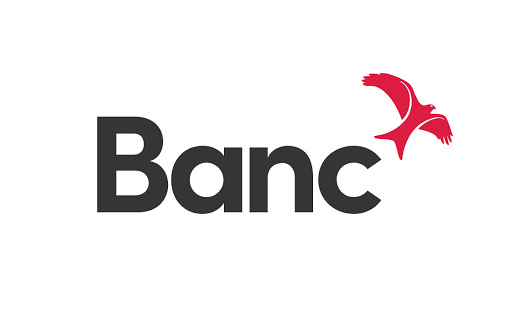
WRITTEN BY:
Angie Kirby,
Advocacy and Outreach Officer,
Size of Wales.

Since 2021 the UK has experienced a cost-of-living crisis that has forced many to make changes to their buying habits.
At the same time, we face a climate and nature crisis driven by over-consumption and a global economy largely based on the unsustainable extraction of natural resources. Seventy-three per cent of all tropical deforestation is caused by the production of just a few agricultural products, including beef from South America, soy for animal feed, palm oil, coffee and cacao. We have to transition to a greener economy, yet making ethical choices is difficult when budgets are tight and prices are still rising.
Everyone should have access to healthy, nutritious food, ideally produced locally and sustainably. However, the reality is that often the most affordable food for many is cheaply produced, causing damage to habitats and communities through poor production practices and resulting in poorer outcomes for human health.
For example, chicken reared in intensive poultry units (IPUs) relies on the importation of soy and palm-based animal feed, which is having devastating consequences for tropical forests and people, such as the Guarani Indigenous People in Brazil. In Wales, the poultry sector consumes nearly half of all soy imported for animal feed. Whereas organically certified chicken, which significantly reduces social and environmental harms, is prohibitively expensive for many.
The responsibility for making ethical choices is often placed on the consumer, but the political context here is key. It is crucial that farmers are incentivised to adopt more regenerative farming practices via the Sustainable Farming Scheme and a level-playing field is created that promotes ethical production – one that isn’t undermined by cheap imports from countries with lower environmental standards.
Palm oil is another commodity that exemplifies this tension. It is often used as a bulking agent to replace more costly ingredients, keeping manufacturing costs down, and is found in over 50% of packaged food products. With a growing national debate on the health impacts of ultra-processed food (UPF) it is becoming impossible to ignore the stark injustice of our food system – the most affordable food for many is the least nutritious and calorie dense, resulting in rising rates of childhood obesity, type 2 diabetes and other diet-related diseases. How can it be that the most environmentally and health-damaging food is the most affordable option, when the cost to human and planetary health is so high?
Food is critical to our survival and nature is critical for the provision of our food. Collectively, we must start valuing our deep dependence on nature, from the food on our plates to the air we breathe. This transition requires strong legislation, such as robust due diligence laws on forest-risk commodities, and radical leadership across all sectors that recognises the urgency of reducing our consumption emissions and transforming a food system that prioritises big business over human and planetary health.
Eighty-seven percent of people don’t want the products they buy to cause deforestation and despite the cost-of-living crisis people are still trying to shop ethically. There are many farmers already practising regenerative agriculture and many more who are keen to make that leap – they just lack the financial support. Now we need government, food manufacturers and retailers to step up to the task to ensure a future of fair, nutritious and nature-friendly food for all.
- Angie Kirby is the Advocacy Outreach Officer at Size of Wales, a Welsh charity working to make Wales part of the global solution to climate change. Angie works on the Deforestation Free Nation campaign, which aims to help the public sector, schools, businesses, farms and communities to reduce their tropical forest footprint overseas.




